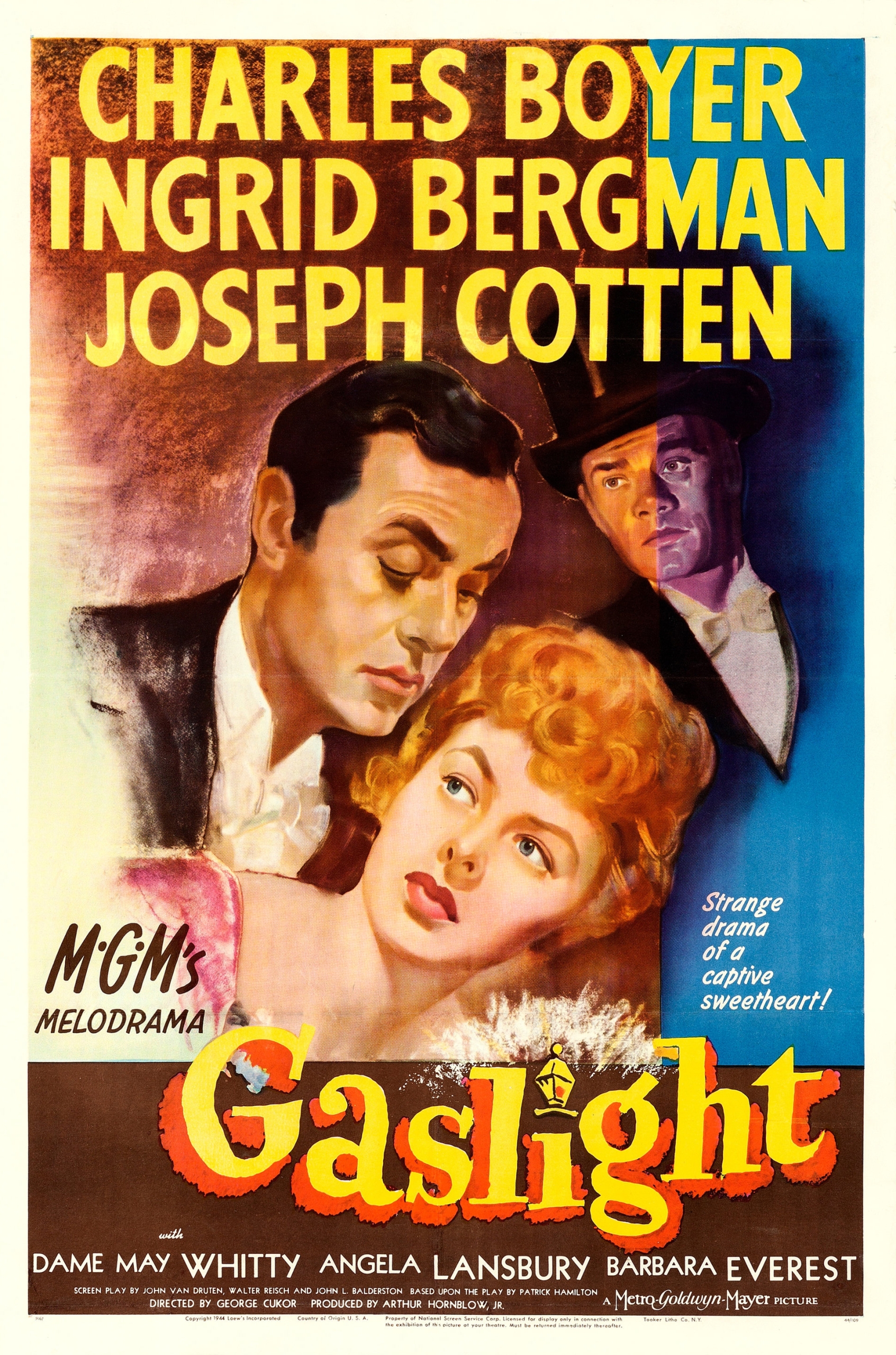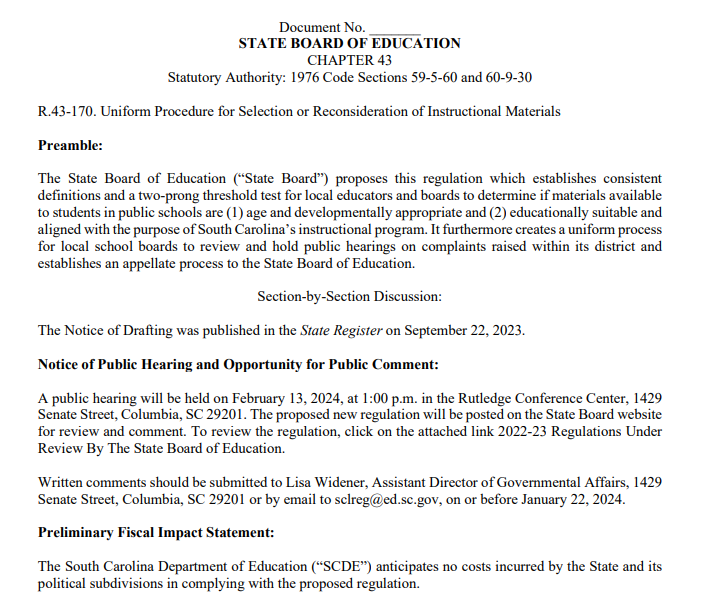Commitment to Free Expression on South Carolina Campuses Gains New Momentum

Dr. Oran Smith
Not so long ago, it would have been silly for a university to pass a policy in support of free speech on campus. After all, if there were any place in society where a debate over values, beliefs, and policies should take place freely—it would be a university setting. Is not free speech the sine qua non of a university?
Nevertheless, after a host of shout-downs took place on campuses all across America, the University of Chicago saw the need to put in writing its wholehearted commitment to defending freedom of expression. A committee was charged with crafting a report in support of “free, robust, and uninhibited debate” and the committee’s report was adopted by that University in January 2015. Here is an excerpt:
Because the University is committed to free and open inquiry in all matters, it guarantees all members of the University community the broadest possible latitude to speak, write, listen, challenge, and learn . . . . [I]t is not the proper role of the University to attempt to shield individuals from ideas and opinions they find unwelcome, disagreeable, or even deeply offensive.
The report of the Committee on Free Expression proved so thorough and so quotable that other universities and colleges quickly signed on. First came Princeton. Then Purdue. Then Johns Hopkins. From there the Statement really snowballed. The number now stands at 100.
The first South Carolina institution to sign was The Citadel (2016). Then came Winthrop (2020), Coastal Carolina (2022), and Clemson (2023).
Now, our sources tell us that on June 23, 2023, at its regular meeting, the University of South Carolina Board of Trustees agreed in principle to The Chicago Statement.
This is huge.
The reason the USC action is so significant is due to the landscape of South Carolina’s state universities. The four classifications are Research Institutions, Comprehensive Teaching Institutions, Regional USC Campuses, and Technical Colleges. The USC system board’s action has an impact in three of the four sectors.
So, if you are keeping score at home:
*Among the three Research Universities, two (Clemson and USC-Columbia) have adopted a form of the Chicago Statement (67%).
Remaining: Medical University of South Carolina
*Among Comprehensive Teaching Institutions, six of ten are on board (60%): The Citadel, Coastal Carolina, USC-Aiken, USC-Beaufort, USC-Upstate, and Winthrop.
Remaining: College of Charleston, Francis Marion, Lander, and South Carolina State.
*Among Regional Campuses of USC, all four are now included: USC-Lancaster, USC-Salkehatchie, USC-Sumter, and USC-Union (100%).
Remaining: none.
For the 16 Technical Colleges, which are under SC Technical College System board, we know of no action by the state board, but few Chicago adopters are in any manner similar to our state’s technical colleges.
The USC move is significant. We trust more will follow.
GO DEEPER: If you have remaining questions about the advisability of a state university board passing The Chicago Statement, Marshall University in West Virginia has posted a video from its lecture series on the subject, and an excellent podcast from the Foundation for Individual Rights and Expression (FIRE) addresses the arguments against affirmatively protecting free expression on campus.




